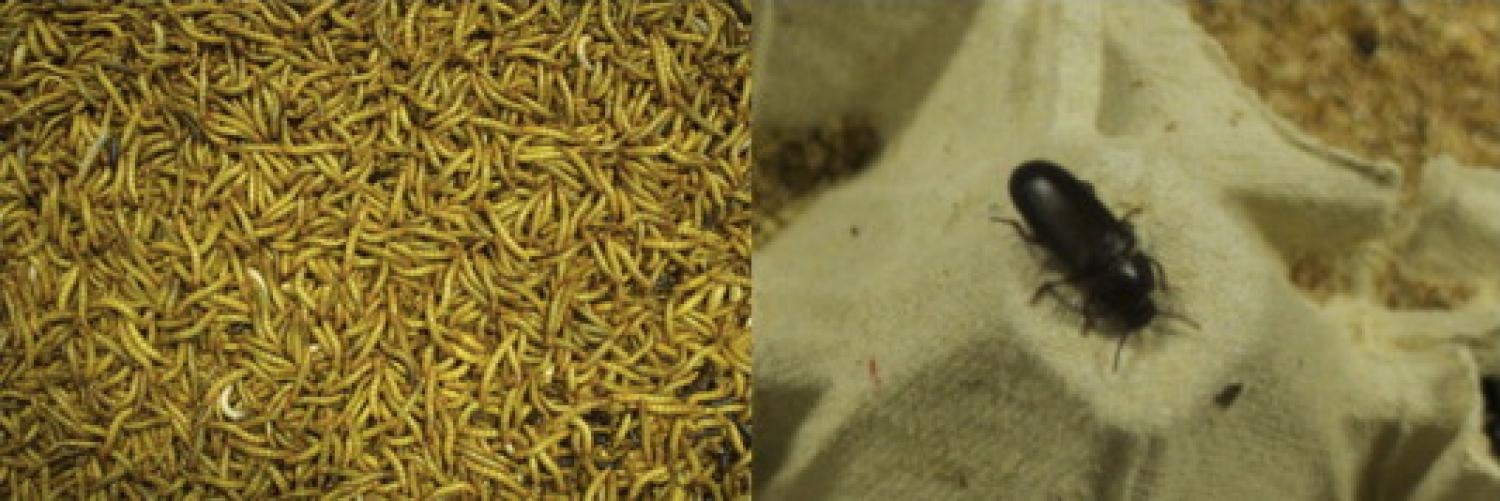
Elsevier, Social Science and Medicine, Volume 129, March 01, 2015
Scientists in the Netherlands are cultivating edible insects to address concerns of international food security. Committed to the One World, One Health (OWOH) movement, their research aims to create a safe and effective global solution to the conjoined problems of climate change and an increasing worldwide demand for protein. Their preliminary work is promising, as it suggests that when compared to other sources of meat, insects can be an efficient, safe, and low-impact source of nutrients. Additionally, in many sites with endemic malnutrition, people find insects tasty. The problem these scientists are grappling with, however, is that insects that are easily mass-produced are not the insects people typically want to eat. This paper shows how the contingency of edibility complicates existing scientific models of travel that posit that singular objects spread peripherally outwards from a center into a globally connected, singular world. The scientists are finding that the production of successful food products necessitates that insects be constantly tinkered with: there is no "insect" that can be globally edible since "the global" itself is not a singular entity. This in turn complicates the vision of replicability and "scaling up" inherent in an OWOH vision of science. The researchers' process of moving their goods from the laboratory boxes they work with into the mealtime practices they seek to impact is compelling them to cultivate and articulate new ideals for research, methods of translation, and pathways by which goods can travel. They are finding that if they want to affect the health of "the world," they must engage with many different worlds.
